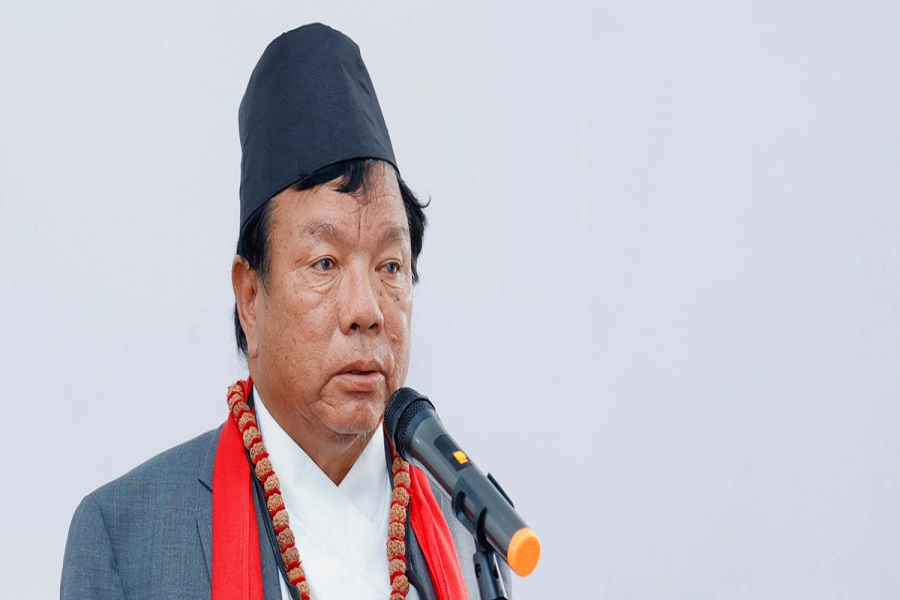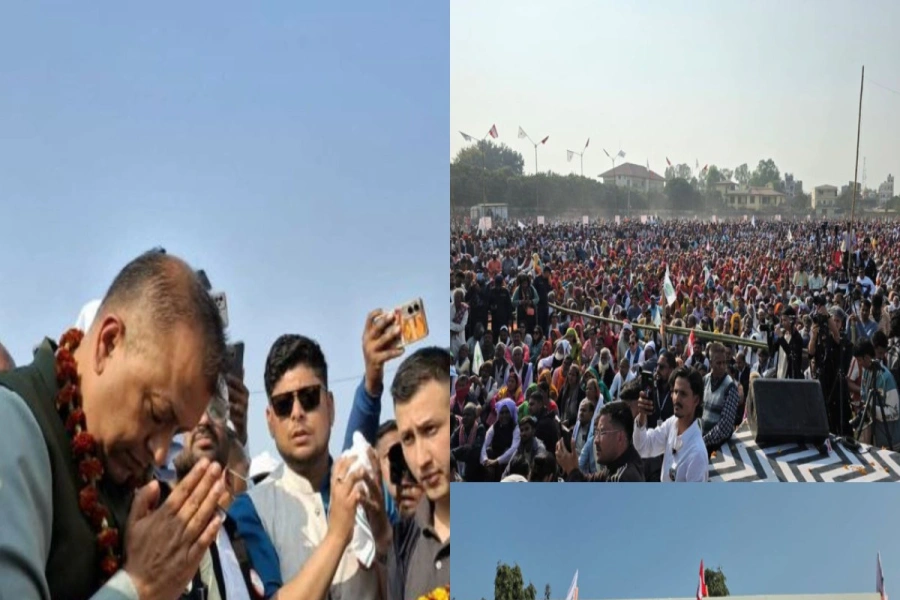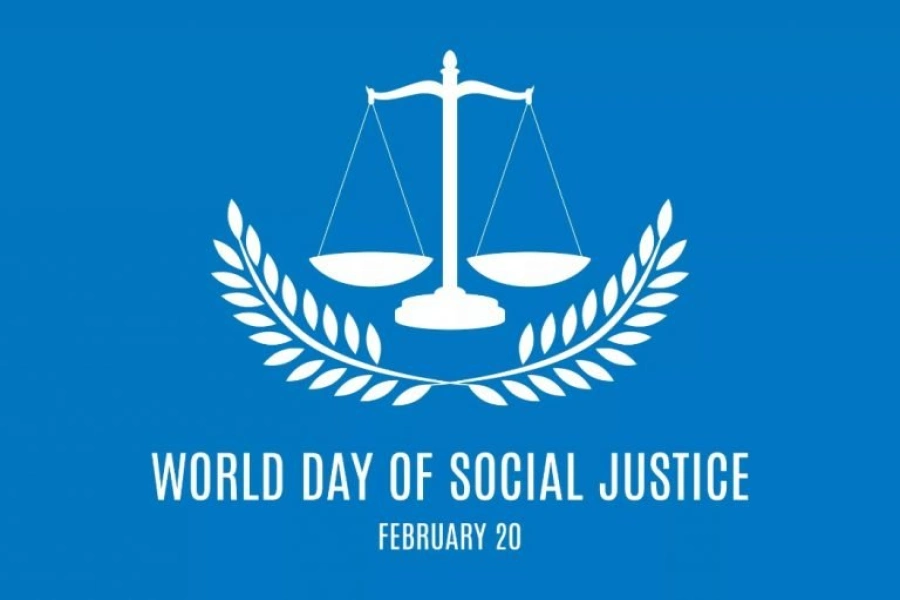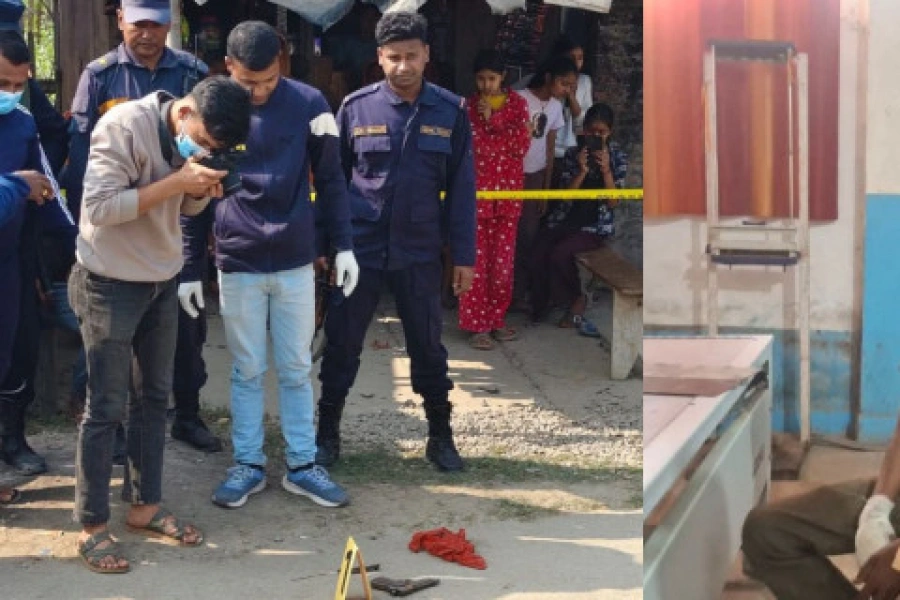KATHMANDU, May 26: An immediate rescue plan has been prioritized to bring Nepali citizens who are stuck abroad at the moment due to the ban on international flights by the government.
On Monday, speakers with support from Open Society Foundation made the demand at a virtual interaction program organized by the People’s Forum for Human Rights. They also stated the government’s failure to implement a quick rescue plan, despite the problems faced by citizens in other countries.
As stated by Som Luitel, a labor expert and advisor for People’s Forum, it has been difficult to bring the citizens back home including women who are facing problems including rape due to the lack of a proper rescue plan. “There is a need for an immediate rescue plan during the pandemic,” he said.
Nepalis abroad can now apply for IPOs in Nepal

According to experts, Nepal’s law provides for the rescue of its citizens stuck abroad. However, the execution has been weak. Also, Luitel said that the law failed to help citizens who are facing problems during the course of their employment in other countries despite section 33 of the Foreign Employment Act.
“Through our writ petition, the Supreme court had ordered the government to set up an immediate rescue plan in 2017,” he said. “However, the government’s failure to implement such a plan has made it difficult to rescue the affected citizens abroad,” he added.
Som Luitel stated that the COVID-19 pandemic has shown the importance of such a rescue plan for citizens who are stuck abroad. “The government should not be late in implementing such plans to help its citizens, not only during the pandemic but in times of international blockades, wars, and other problems as well,” he said. “Large numbers of workers abroad are facing problems since the start of the COVID-19 pandemic but they have not been rescued yet,” Luitel added.
The government had enforced a nationwide lockdown during the first wave of the pandemic. After the second wave, international flights have been suspended for one month to control the spread of the virus. As a result, it has been difficult for Nepali citizens with expired visas and those with important work to return home at the moment.
According to assistant director of the Center for Study of Labor and Mobility (CESLAM), Jeevan Baniya, the government should pay attention to a quick rescue plan for its citizens since it has diplomatic relations with the designated countries. He also said that it was necessary to provide the Foreign Employment Board with financial support for such operations.
According to the vice president of Foreign Employment for Business Association, Kamal Dev Malla, the citizens in trouble should be rescued immediately in an easy way. He said the role of the governments is much more responsible in such times instead of associations who rescue the citizens in normal circumstances. He also said it was necessary to stop the flow of illegal foreign workers as well as a need for a quick rescue plan.
Similarly, Ashok Rana, chairman of the National Network for Migration, said that the foreign workers in India should also be assisted in times of such trouble. According to deputy chief of International Division for National Human Rights Commission, Kamal Thapa Chhetri, a separate fund should be set up for the rescue of Nepali workers who are in trouble abroad.







































